Use Your Allusion: See How Many Literary References You Recognize
Lines from poems and plays frequently serve as inspiration for later literary allusions. This 12-question quiz is crafted from a running list created by the Book Review’s staff to test your knowledge on a wide variety of referenced works. The source material spans thousands of years and includes ancient Greek history and modern pop songs.
The quiz is in the multiple-choice format, so just tap or click your answers. After you finish, you’ll get your score and a list of links to the original works. (And yes, the headline above does allude to a pair of 1991 albums from the rock band Guns N’ Roses. Give yourself extra credit if you spotted it.)
Video illustration by Erik Carter
1 of 12
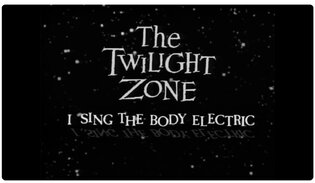
Over the years, “I Sing the Body Electric” has been used repeatedly, including as the title for a Ray Bradbury short story (and his “Twilight Zone” script), as a musical anthem to creativity in the 1980 film “Fame” and in the lyrics of a 2012 Lana Del Rey song. But who said it first?
2 of 12

Chinua Achebe’s 1958 novel “Things Fall Apart,” Joan Didion’s 1968 essay collection “Slouching Towards Bethlehem” and Robert B. Parker’s 1983 thriller “The Widening Gyre” all take their titles from the same poem. What is the original poem — and who is its author?
3 of 12
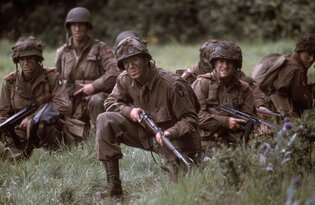
“Band of Brothers,” the 2001 World War II television drama, is based on a 1992 book by Stephen E. Ambrose. But which previous work used the phrase “band of brothers” quite notably?
4 of 12

Wait! “Band of Brothers” was decades ago and I just finished watching the new “Masters of the Air” series. Is that show’s title an allusion as well? If so, quiz me!
5 of 12
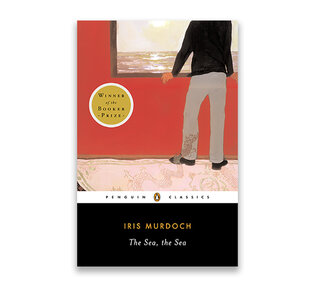
Moving on from land and air to water now: The title of “The Sea, the Sea,” Iris Murdoch’s 1978 novel, is also a famous line (“Θάλαττα! θάλαττα!” in the original language) shouted by Greek warriors when they reached the top of a mountain and could see a nearby body of water. What is the name of the Greek work?
6 of 12

Which 1951 poem by Langston Hughes gave the playwright Lorraine Hansberry the title for her 1959 stage play, “A Raisin in the Sun”?
7 of 12

OK, back to Shakespeare, because that guy had a serious literary output that is still influential centuries later: Which one of the following books does NOT take its title from “Macbeth”?
8 of 12
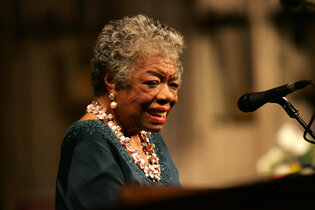
The last line of Paul Laurence Dunbar’s 1899 poem “Sympathy” gave Maya Angelou the title for her first autobiography in 1969. What is that title?
9 of 12
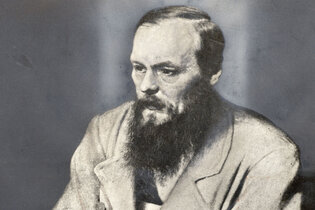
Elif Batuman has named both a novel and a nonfiction book after works by a certain 19th-century Russian author who wrote, among other things, “The Brothers Karamazov.” Who is this writer?
10 of 12
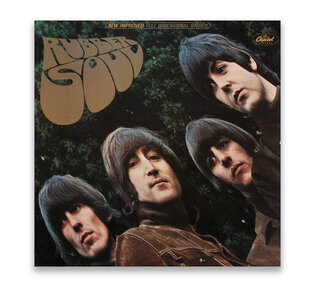
audio element.
Which novelist is renowned for his allusions to popular music and literature in his work — and named his 1987 novel after a Beatles song on the band’s 1965 “Rubber Soul” album?
11 of 12
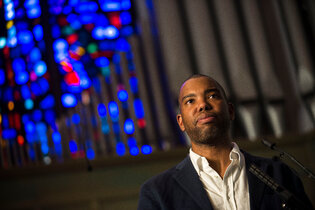
In the epigraph of his 2015 book, “Between the World and Me,” Ta-Nehisi Coates quotes a passage of a poem with the same title that influenced him. Who wrote that poem?
12 of 12
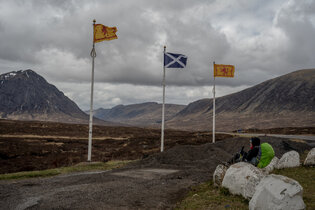
Which Scotsman’s work inspired the titles of John Steinbeck’s “Of Mice and Men” and J.D. Salinger’s “The Catcher in the Rye”?






